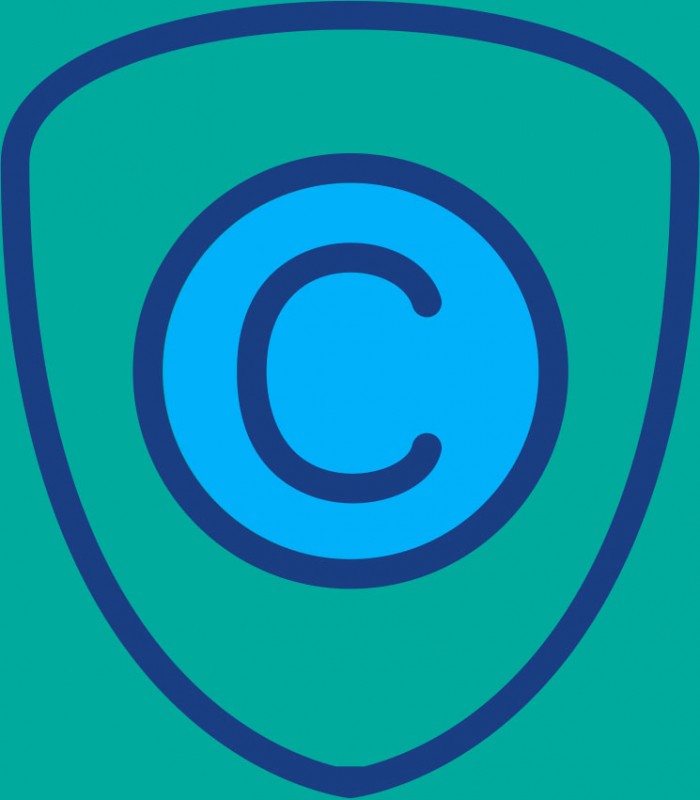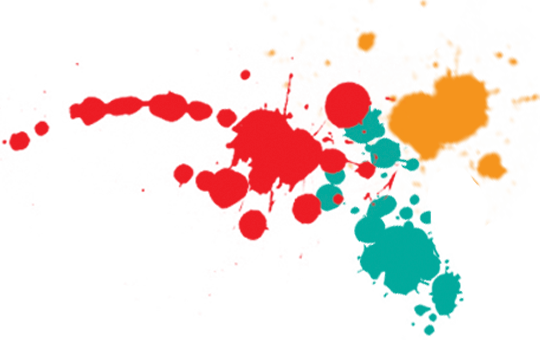We all have a stake in the work.
If you work in any creative industry – no matter what your role – your job depends on copyright. Every professional opportunity happens because at least two parties make a financial agreement based on a creative property. And the only reason you can negotiate terms for work or receive royalties, benefits, or residuals is because the copyright interest in the resulting work allows investors in the project to make a return on their investment. But today, copyright and the work it protects are under fire by the internet industry. Why? Because major online service providers (OSPs) – companies like Google, YouTube, and Facebook – make money from advertising and by gathering and selling data about everyone’s online activity. Naturally, these service providers want to maximize traffic and avoid impediments to people going online for whatever they want. Whether users are directed to actual pirate sites or they’re uploading unlicensed works to a platform like YouTube, the OSPs keep making money – and without strong copyright protections, a lot of the money they make is at the expense of creatives. Our work is regularly used without permission or compensation to grow someone else’s bottom line.

…there are more than 5.7 million Americans working in the industries supported by copyright. The people employed in the production of books, journalism, movies, music, television, and software contribute more than $1.5 trillion to our economy…
Because copyright is often viewed as a roadblock for many internet business models, powerful internet platforms become very good at promoting the idea that people are best served by a digital market without copyright. They spend considerable resources on PR, lobbyists, and in court proceedings to advance an agenda that ultimately aims to weaken copyright protection for any medium that can be distributed digitally – nearly every kind of work we produce. They also underwrite front groups that purport to speak for consumers and creatives, reinforcing their anti-copyright message. Who gets hurt? Well, there are more than 5.7 million Americans working in the industries supported by copyright. The people employed in the production of books, journalism, movies, music, television, and software contribute more than $1.5 trillion to our economy and create a demand for millions of other workers outside these core industries. Creative industries support millions of jobs. By contrast, Google, Facebook, and Twitter together employ fewer than 80,000 people worldwide! So, why are powerful internet platforms winning this argument? In part, because America’s millions of creative professionals don’t fully understand how the anti-copyright agenda can adversely affect their careers…and haven’t stepped forward to fight for their rights.

